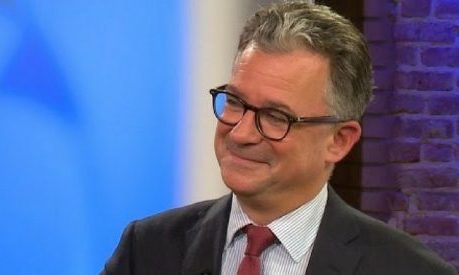A number of people close to Francis have been looking forward eagerly to a book out this week in Italy that is sure to lay to rest the myth that somehow, he lacks the philosophical and theological ballast to be pope.
Massimo Borghesi’s dazzling ‘intellectual biography’ of Jorge Mario Bergoglio shows that this criticism – born of a mixture of snobbery and ignorance, as he wrote in a recent article in the Vatican newspaper, L’Osservatore Romano – is, whatever your view of Francis, simply wrong.
In his fascinating and deeply textured exploration of the pope’s thinking since the 1960s, Borghesi, who is professor of moral philosophy at Perugia University and the author of many studies of the dialectics of Romano Guardini, demonstrates that Francis’s straightforwardness is, as he puts it, “simplicity as a destination that presupposes the complexity of a profound and original thinking.”
That’s not news to me.
In wading through his complex early writings for my biography of Francis, I was aware that I was in the presence of an astonishingly far-reaching intellect, one shaped by a pattern of thinking with deep theological roots.
Yet until now that’s been hard to show because no one has given that thinking the systematic treatment it deserved.
The sophistication of Francis’s thinking has been obscured in part because giant Latin American Catholic intellectuals such as the Argentine philosopher Amelia Podetti and the Uruguayan thinker Alberto Methol Ferré – both very influential on Bergoglio – are off European and American Catholic academic maps.
It’s also because, as Francis’s longtime friend Guzmán Carriquiry, secretary of the Vatican’s Latin-American commission, points out in the preface to Borghesi’s book, Francis has never wanted to pass himself off as an academic, in part because of his own horror of intellectual abstraction, and in part because of his desire as a pastor to communicate in the language of simplicity.
So anyone trying to summarize the pope’s thought has to dig deep and range widely, as well as have a grasp of the complexity of dialectics. Borghesi is one of the few with the capacity and the commitment to undertake that task. Continue reading
- Austen Ivereigh is a British writer, journalist and commentator, and co-founder of Catholic Voices, a communications project now in 20 countries.
